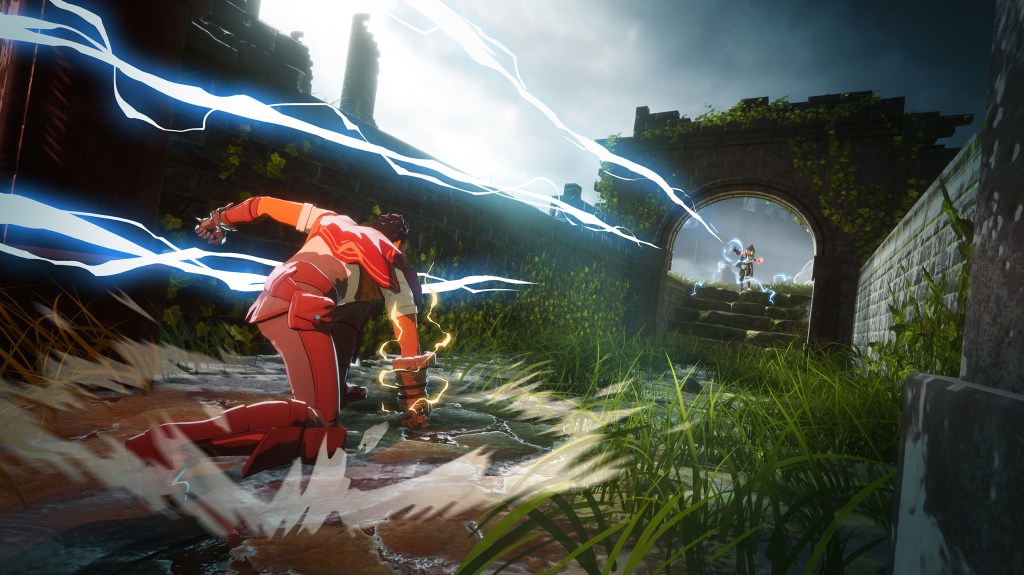Spellbreak is a fantastic mixture of the inevitable. Battle royale games for so long have focused on guns and modern or futuristic tech, but what could the last-man-standing genre do with magic and ancient ruins? That’s one question among many that developer Proletariat set out to answer, resulting in the fast-paced open-world arena shooter battle royale that sees magic as the weapons players wield against…







